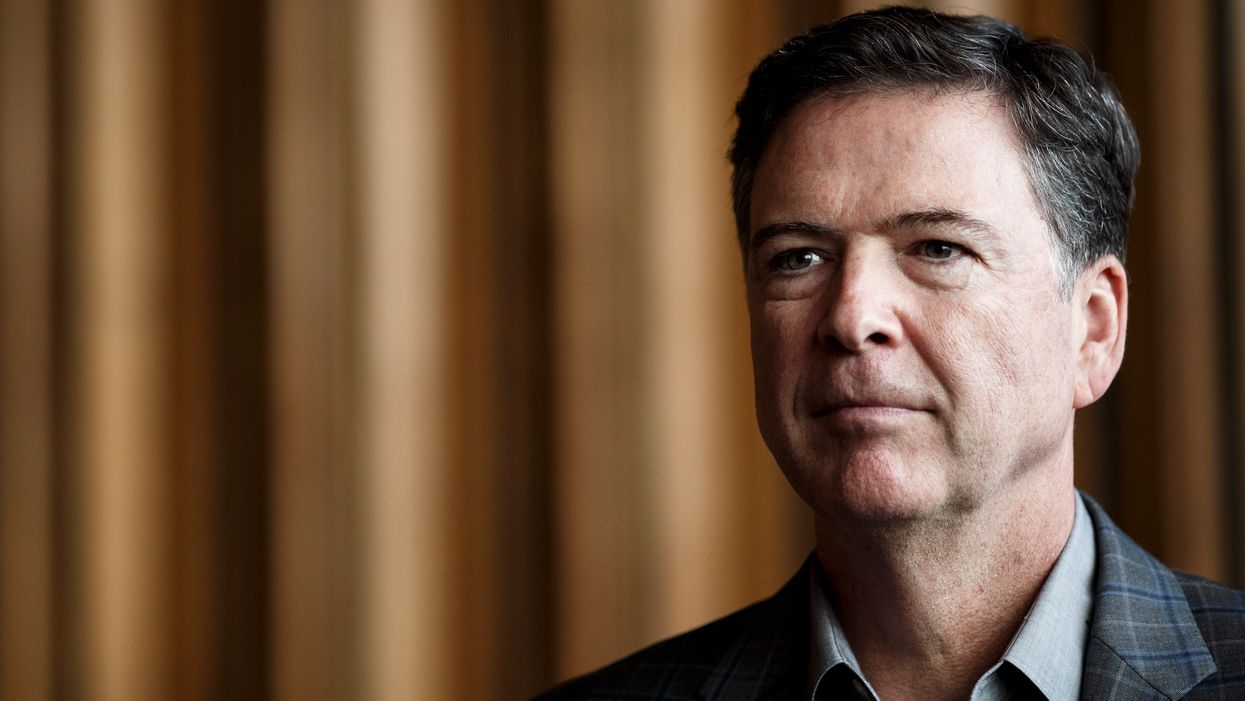
TIMOTHY A. CLARY/AFP/Getty Images

Former FBI director demanded that his critics apologize
The Department of Justice's office of inspector general has released a report that says that former FBI Director James Comey set a "dangerous example" for others at the FBI. Comey took the same report and demanded that his critics apologize.
The report, which is publicly available and was released Thursday, looked at a number of memos that Comey wrote while he still worked at the FBI in which he "memorialized seven one-on-one interactions that he had with President-elect and President Donald J. Trump."
Comey took four of these memos out of the FBI's facilities and kept them "in his personal safe at home" after he was fired. Some of these memos included information that the FBI later determined to be either confidential or "For Official Use Only"
While the report concluded that there was "no evidence that Comey or his attorneys released any of the classified information contained in any of the memos to members of the media," it was also highly critical of the actions of the former director:
Former Director Comey failed to live up to his responsibility. By not safeguarding sensitive information obtained during the course of his FBI employment, and by using it to create public pressure for action, Comey set a dangerous example for the over 35,000 current FBI employees — and the many thousands more former FBI employees — who similarly have access to or knowledge of non-public information. Comey said he was compelled to take these actions "if I love this country...and I love the Department of Justice, and I love the FBI."
However, were current or former FBI employees to follow the former Director's example and disclose sensitive information in service of service of their own strongly held personal convictions, the FBI would be unable to dispatch its law enforcement duties properly, as Comey himself noted in his March 20, 2017 congressional testimony.
The report also details how Comey instructed others to give the memos he had created to the New York Times. The IG said that if Comey was actually trying to "advocate for the appointment of a Special Counsel" like he had claimed, he had "several other lawful options available to him."
Ignoring the report's scathing conclusion, Comey tweeted out the line that said the inspector general had "found no evidence that Comey or his attorneys released any of the classified information contained in any of the memos to members of the media."
"I don't need a public apology from those who defamed me," he quipped, "but a quick message with a 'sorry we lied about you' would be nice."
He also accused anyone who had called him a "liar and a leaker" of trusting people "who gave you bad info."